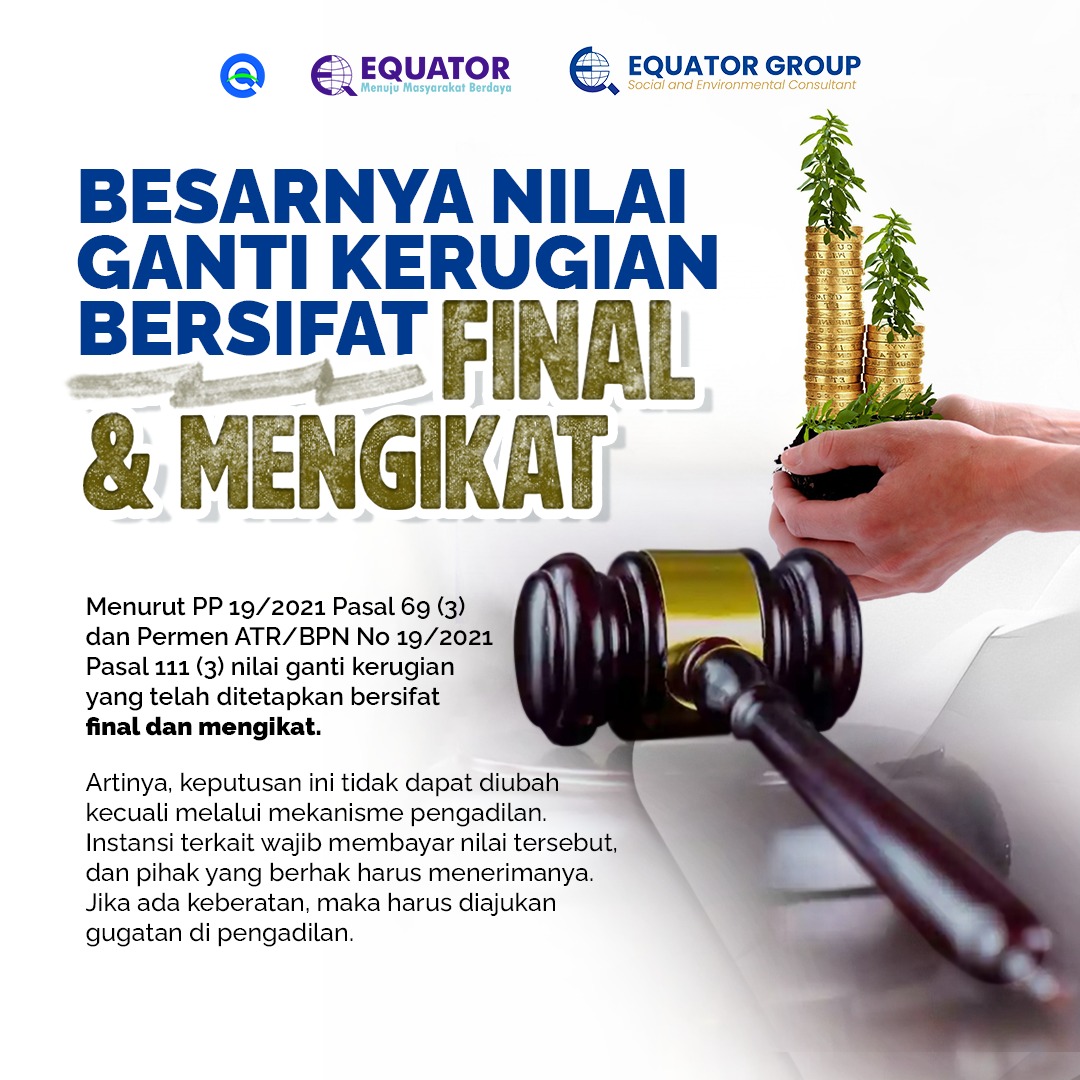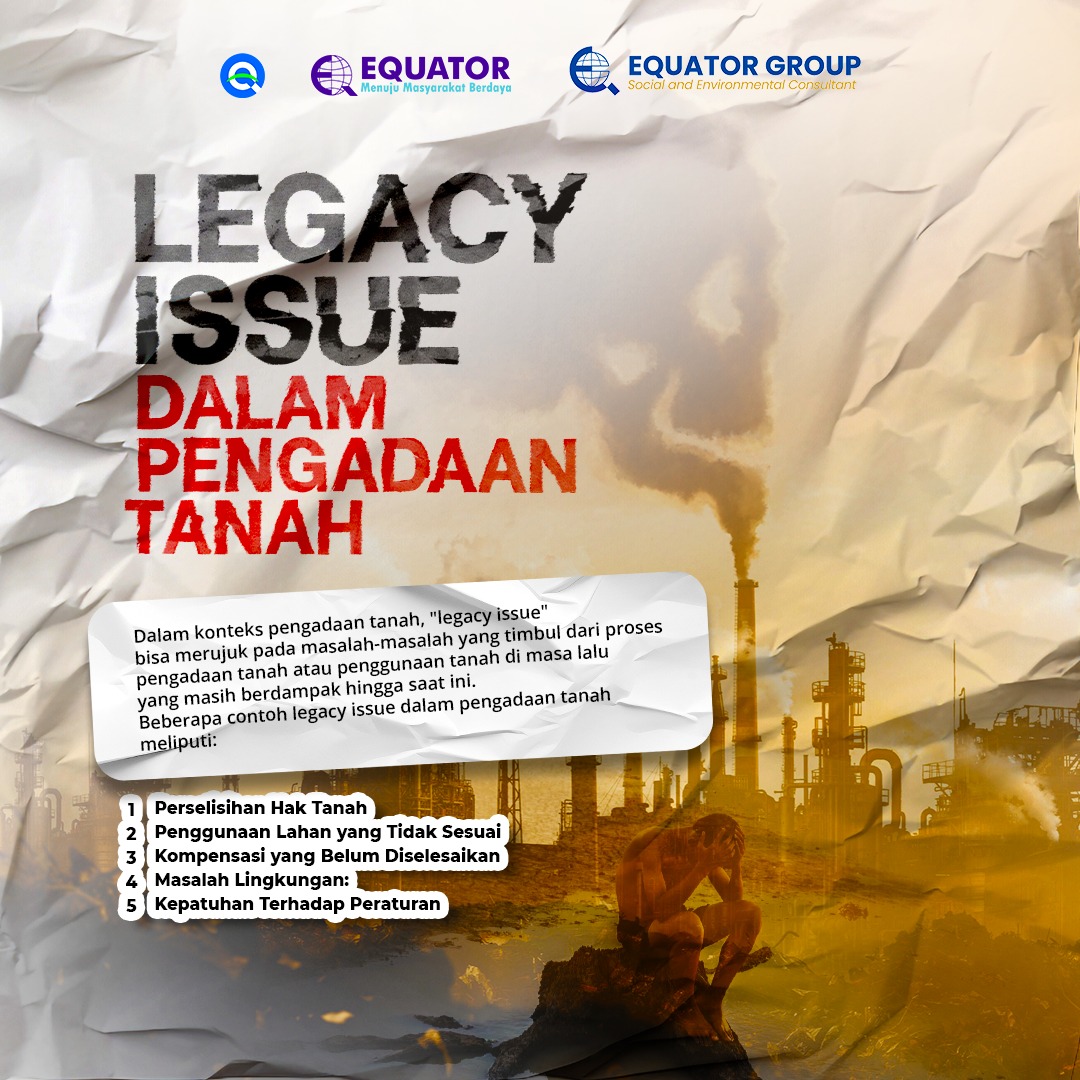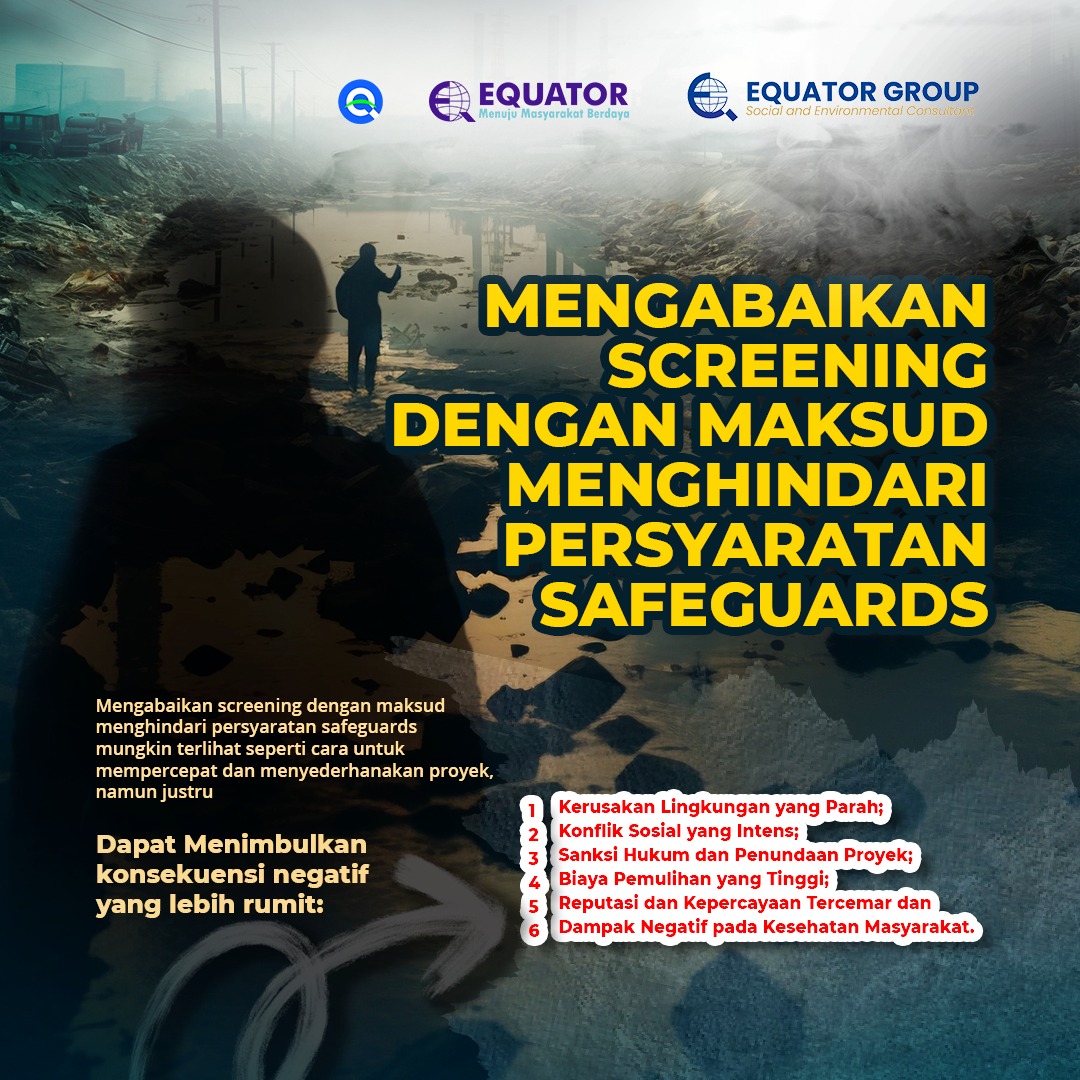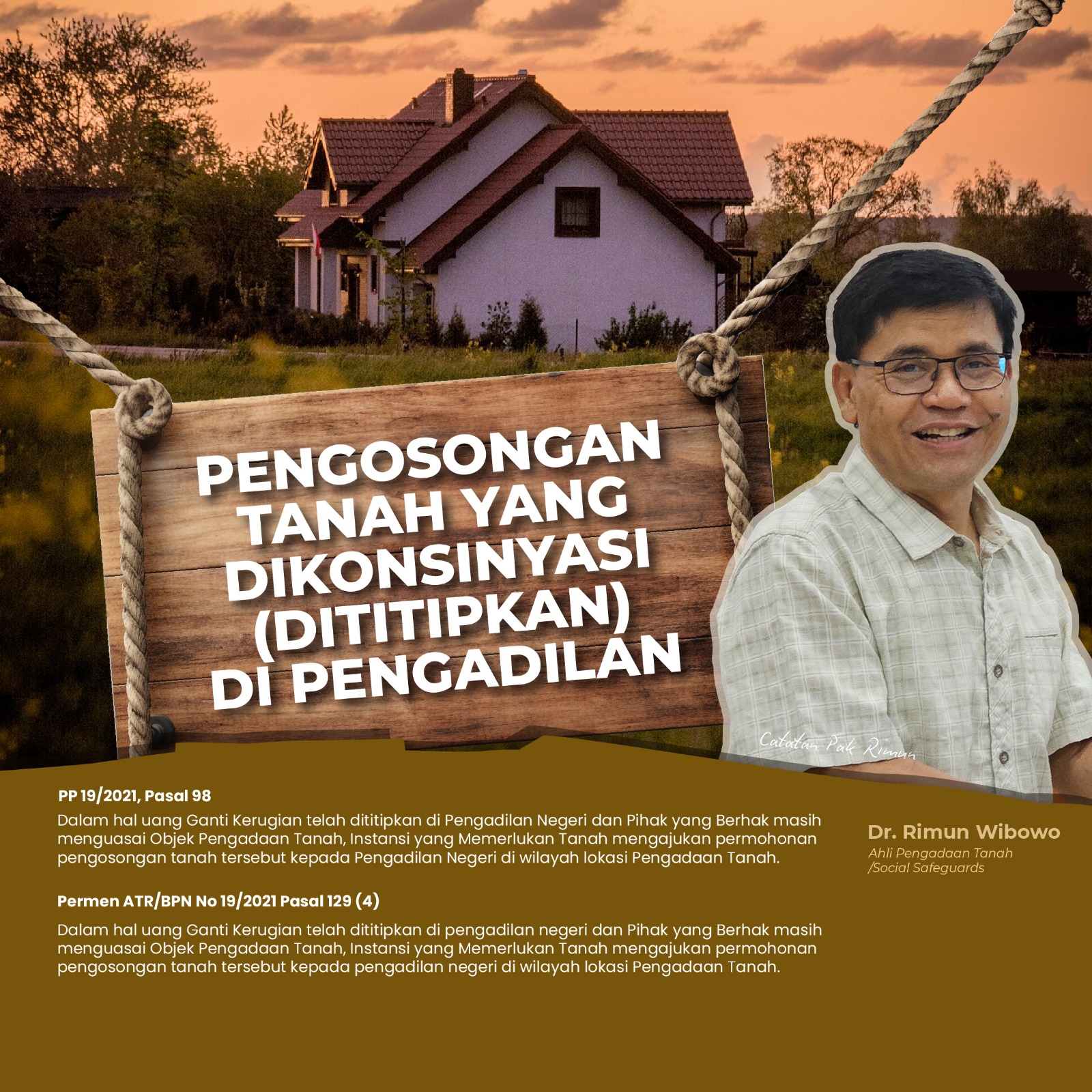



Ensuring Sustainability and Social Responsibility: The Importance of a Social Team in the DED Process
- Home
- Our Blog


Admin Equator Group
Ensuring Sustainability and Social Responsibility: The Importance of a Social Team in the DED Process
In any infrastructure project, especially those involving large-scale construction, the impacts during the construction phase need to receive special attention. If these impacts are not managed properly, they can hinder the smooth progress of the project and add unanticipated costs and time. Based on experience from several projects, there are effective strategies for managing these impacts and ensuring the smooth implementation of the project.
The impacts during construction can vary, ranging from disturbances to the surrounding environment, displacement of residents, to disruptions to existing infrastructure. Therefore, it is important to consider and plan for mitigation of these impacts from the early stages of the project. One crucial step is ensuring that planning documents, such as LARAP (Land Acquisition and Resettlement Action Plan) and DPPT (Land Procurement Planning Document), are prepared properly and in a timely manner.
Overlapping Preparation of DPPT and DED
One proven effective strategy is to overlap the preparation of the DPPT with the completion process of the final DED (Detailed Engineering Design). Based on experience, when the DED reaches about 60% completion, the preparation of the DPPT should already begin. Do not wait until the DED is finalized to start the DPPT. This way, the DED team will receive input from the DPPT team, allowing for adjustments and improvements to be made earlier.
Advantages of the Overlapping Process
This approach has several significant advantages:
- Early Identification of Issues: By overlapping, potential issues can be identified earlier and solutions can be planned before they hinder the project.
- More Flexible Adjustments: The DED team receives input from the DPPT team, allowing adjustments to be made more quickly and efficiently.
- Risk Reduction: Risks related to land acquisition and social impacts can be minimized because planning is done in parallel and coordinated.
Experience and Implementation
In practice, this approach has been applied in several projects and has shown positive results. Teams working in parallel and in coordination are able to make many adjustments based on input from various parties. This not only increases project efficiency but also ensures that all potential impacts have been well considered and mitigated.
Conclusion
Managing construction impacts and preparing effective planning documents are key to the success of infrastructure projects. By overlapping the preparation of the DPPT and the final DED process, projects can proceed more smoothly, efficiently, and with minimal obstacles. This approach allows for earlier identification of issues, more flexible adjustments, and risk reduction, all of which contribute to the success of the project. Through the right strategies and good coordination, construction impacts can be managed more effectively, providing better outcomes for all parties involved.
Search
Recent Posts
-

-

-

-

VACATING LAND THAT IS CONSIGNED TO THE COURT
23 Juli 2024


